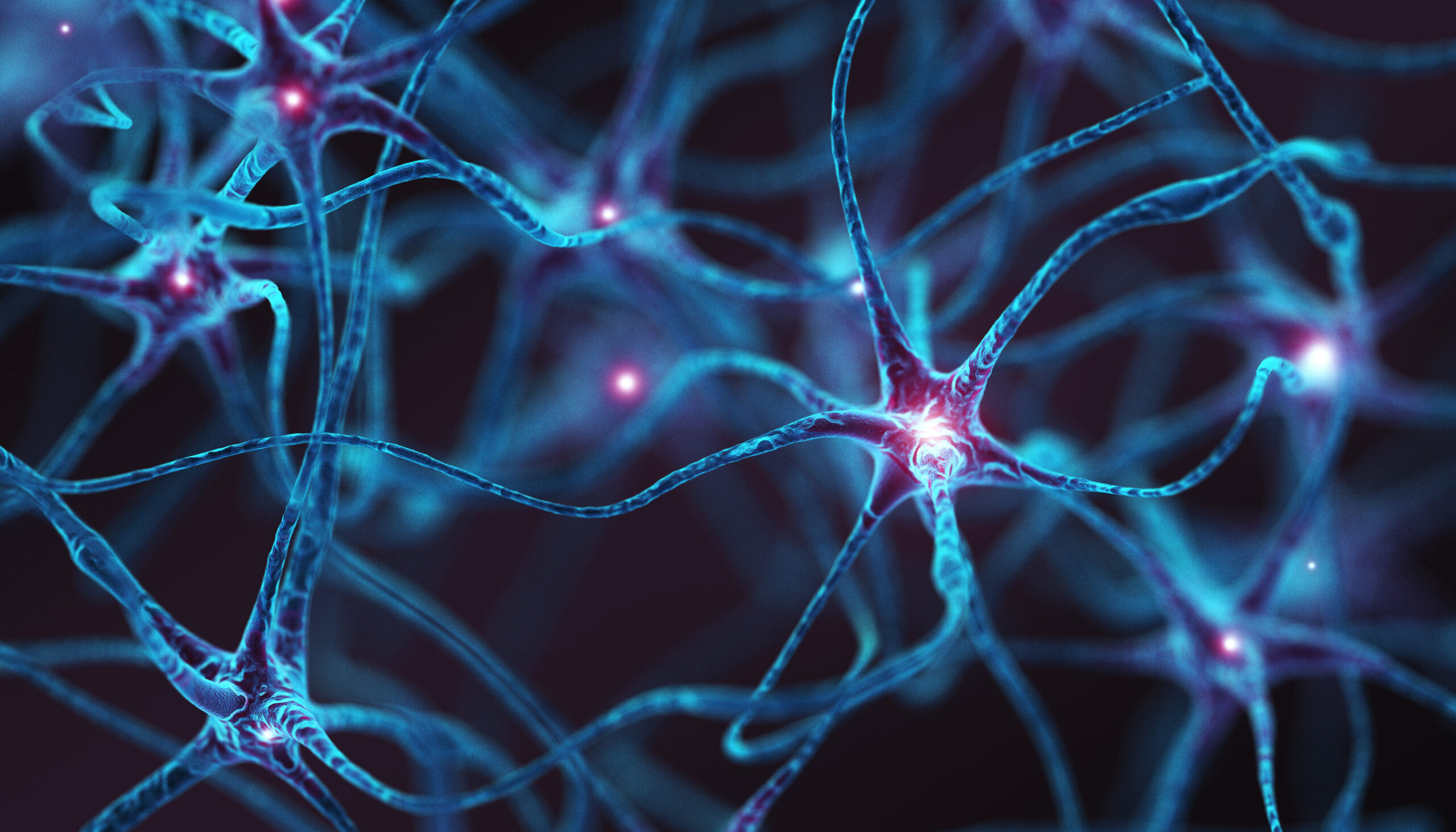BioGPS - The Kynurenine Pathway
Cytokine Storm Blood Test

Cytokine Storm Blood Test
Cytokine storms, characterized by an excessive and dysregulated immune response involving the release of large amounts of pro-inflammatory cytokines, can occur in various conditions such as severe infections, autoimmune diseases, and certain cancers. Biomarkers for cytokine storms play a crucial role in identifying and monitoring these hyperinflammatory states.
Cytokine Storm Blood Test: 5 Analytes tested: CRP (C-Reactive Protein), IL-1β (Interleukin-1β), IL-6 (Interleukin-6), IL-10 (Interleukin-10), TNFα (Tumor Necrosis Factor-alpha)
Price: $159.00
Price includes convenient home collection kit for sample collection from the comfort of your home
Test Details
Microglia are a type of glial cell that act as the main form of active immune defense in the central nervous system.
Brain-Derived Neurotrophic Factor (BDNF) plays a significant role in the context of neuroinflammation, an inflammatory response within the brain or spinal cord. Neuroinflammation is a characteristic feature of various neurological disorders, including multiple sclerosis, Alzheimer’s disease, Parkinson’s disease, and even in response to traumatic brain injury. Clinical studies show that levels of BDNF are decreased in the presence of neuroinflammation and also in cases of long COVID. Increasing BDNF levels have been shown to have anti-inflammatory effects throughout the human body.
Here’s how BDNF interacts with neuroinflammation:
Neuroprotective Effects: BDNF has neuroprotective properties. It supports the survival and function of neurons and can promote healing and recovery in the nervous system. In conditions of neuroinflammation, BDNF can help mitigate neuronal damage.
Modulation of Inflammatory Responses: BDNF can influence the immune cells in the brain, including microglia (the primary immune cells in the CNS) and astrocytes. By affecting these cells, BDNF can potentially modulate inflammatory responses within the brain.
Impact on Microglial Activation: Microglia, when activated in response to injury or disease, can release pro-inflammatory cytokines that exacerbate neuroinflammation. BDNF can modulate microglial activation, potentially reducing the release of these pro-inflammatory factors.
BDNF in Neurodegenerative Diseases: In neurodegenerative diseases characterized by chronic neuroinflammation, BDNF levels are often found to be altered. Enhancing BDNF signaling in these conditions might be a potential therapeutic strategy to counteract neuroinflammation and its deleterious effects on neurons.
Involvement in Recovery and Repair: BDNF not only helps protect neurons from inflammatory damage but also supports neurogenesis (the growth of new neurons) and synaptic plasticity, which are crucial for recovery and repair in the nervous system.
Balance and Regulation: The relationship between BDNF and neuroinflammation is complex and involves a balance. While BDNF generally has protective and anti-inflammatory effects, its role can vary depending on the context and stage of disease or injury.
Therapeutic Potential: Understanding how BDNF interacts with pathways involved in neuroinflammation opens up potential therapeutic avenues, especially for conditions where neuroinflammation is a key pathological feature.
In summary, BDNF is an important modulator of neuroinflammatory processes, with the potential to both protect against and mitigate the effects of inflammation in the nervous system. Its role in neurodegenerative diseases and conditions involving neuroinflammation makes it a significant target for research and potential therapeutic intervention.
1 Analyte Tested
- Brain-Derived Neurotrophic Factor (BDNF)
Brain-Derived Neurotrophic Factor (BDNF) is a protein that plays a crucial role in the brain and nervous system. Its functions are diverse and significant, impacting various aspects of neural health and activity. Here are some of the key functions of BDNF:
Neuronal Development and Survival: BDNF supports the growth and differentiation of new neurons (neurogenesis) and helps maintain the survival of existing neurons. This is crucial during brain development and for the regeneration and repair of neurons throughout life.
Synaptic Plasticity: BDNF is vital for synaptic plasticity, which is the ability of synapses (the connections between neurons) to strengthen or weaken over time. Synaptic plasticity is essential for learning and memory.
Cognitive Function: By promoting synaptic plasticity and neurogenesis, BDNF plays a significant role in cognitive functions such as learning, memory, and higher-order thinking.
Mood Regulation: BDNF levels are linked with mood regulation. Low levels of BDNF are associated with mood disorders like depression and bipolar disorder. Many antidepressant drugs appear to exert their effects, at least in part, by increasing BDNF levels.
Response to Stress: BDNF helps the brain adapt to stress. Chronic stress can reduce the production of BDNF, potentially contributing to the development of mood disorders.
Neuroprotection: BDNF has neuroprotective properties, helping to protect neurons from damage under conditions such as oxidative stress, neurotoxicity, and inflammation.
Exercise and Brain Health: Physical exercise increases the production of BDNF, which is one of the reasons why regular physical activity is beneficial for brain health and cognitive function.
Role in Neurodegenerative Diseases: Given its role in neuronal survival and plasticity, BDNF is a molecule of interest in the context of neurodegenerative diseases like Alzheimer’s disease and Parkinson’s disease. Reduced BDNF levels have been observed in these conditions.
High levels of Brain-Derived Neurotrophic Factor (BDNF) are generally associated with positive effects on brain health and function. Here are some of the key impacts and potential benefits of elevated BDNF levels:
Enhanced Neuroplasticity: BDNF is crucial for neuroplasticity, the brain’s ability to form and reorganize synaptic connections, especially in response to learning and memory. Higher levels of BDNF can enhance this process, potentially improving learning and memory capabilities.
Neuroprotection: Elevated BDNF levels offer neuroprotective benefits. They help in the survival and maintenance of neurons, and can protect against neurodegenerative processes and damage from neurotoxic substances.
Improved Mood and Cognitive Function: High levels of BDNF are associated with better mood regulation and cognitive function. BDNF has been linked to a decreased risk of mood disorders like depression and anxiety.
Support in Recovery from Neurological Injury: After brain injury or in neurodegenerative diseases, increased BDNF can aid in the recovery and regeneration of neural tissue.
Enhanced Synaptic Transmission: BDNF facilitates synaptic transmission, thereby improving the efficiency of neural communication.
Stress Resilience: BDNF can enhance the brain’s resilience to stress, improving the ability to cope with stressful situations and potentially reducing the impact of stress on mental health.
Potential in Treating Neurological Disorders: Given its neuroprotective and neurogenerative properties, BDNF is being studied for its potential in treating conditions like Alzheimer’s disease, Parkinson’s disease, and stroke.
Exercise and Diet Effects: Physical activity and certain diets (like those rich in omega-3 fatty acids) can increase BDNF levels, contributing to improved brain health and function.
While high BDNF levels are generally beneficial, it’s important to note that BDNF activity in the brain is finely tuned and context-dependent. Extremely high levels of BDNF in certain contexts or diseases could potentially have negative effects, although this is an area that requires more research. The balance and regulation of BDNF are critical for its beneficial effects.
- SST tube of blood
24 – 72 hours
Price: $159.00


